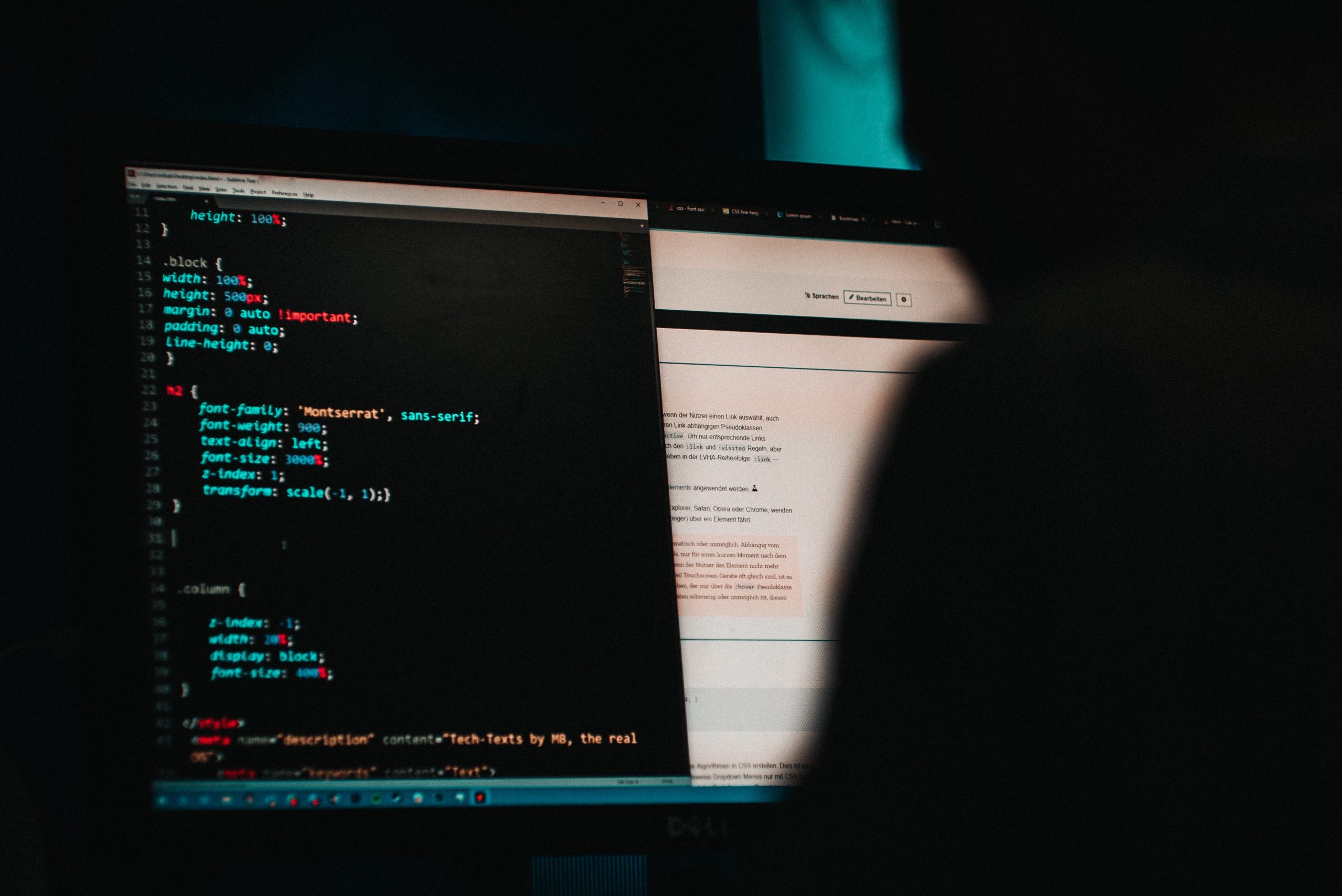In today’s digital age, privacy has become a hot-button issue, with concerns about how tech giants like Apple and Google collect and use users’ location data. With the prevalence of smartphones and location-based services, it’s crucial for individuals to be aware of how their location data is being accessed and take control of their privacy. As a journalist, it’s my responsibility to provide accurate and timely information on this critical issue, and help readers understand how they can protect their location data from being accessed by Apple and Google.
Recent revelations have shed light on the extensive collection and use of location data by Apple and Google. These companies utilize complex systems that track and store users’ location data, which is then used for various purposes, including targeted advertising, personalization of services, and sharing with third-party apps and advertisers. While Apple and Google claim that the data is anonymized and used in aggregate, concerns remain about the potential misuse and abuse of this sensitive information.
To take control of your privacy and stop Apple and Google from accessing your location, it’s essential to understand and manage the privacy settings on your devices. Both Apple and Google provide options for users to control the collection and use of their location data. For instance, on an iPhone, users can go to Settings > Privacy > Location Services to manage which apps have access to their location data and when they can use it. Similarly, on an Android device, users can go to Settings > Location > App permissions to customize location settings for individual apps. Regularly reviewing and updating these settings can help users maintain control over their location data.
Another important aspect of protecting your location data is being cautious about the apps you download and use. Many apps, especially free ones, rely on location data for their functionality, such as weather apps, mapping services, and social media platforms. Before downloading an app, carefully read its privacy policy and understand how your location data will be used. Be selective in granting location permissions to apps, and only download apps from trusted sources. Additionally, regularly review the apps that have access to your location data and revoke permissions for apps that you no longer use or trust.
In addition to managing device settings and app permissions, it’s crucial to be mindful of third-party advertisers and marketers. Many websites and online services use tracking technologies, such as cookies and beacons, to collect data on users’ online behavior, including their location information. Be cautious about sharing your location data with websites and online services, particularly those that lack clear privacy policies or opt-out options. Consider using a virtual private network (VPN) to mask your location when browsing the web or using online services, further enhancing your privacy protection.
As a journalist, it’s also important to highlight the legal and ethical aspects of location data tracking by Apple and Google. Despite the measures put in place by these companies, concerns persist regarding potential data breaches, unauthorized access, and government surveillance. Advocacy for robust data protection laws that hold tech companies accountable for their data practices and provide users with greater control and transparency over their location data is essential. It’s also important to raise awareness about the ethical implications of location data tracking, including potential discrimination, profiling, and invasion of privacy.
In conclusion, taking control of your privacy and stopping Apple and Google from accessing your location data requires proactive steps. Understanding and managing privacy settings on your devices, being cautious about apps you download and use, being mindful of third-party advertisers, and advocating for strong data protection laws are crucial. As a journalist, my role is to inform and empower readers with the knowledge and tools they need to safeguard their location data and protect their privacy. By taking these measures, individuals can assert control over their location data and ensure that their privacy is respected in the digital age.




